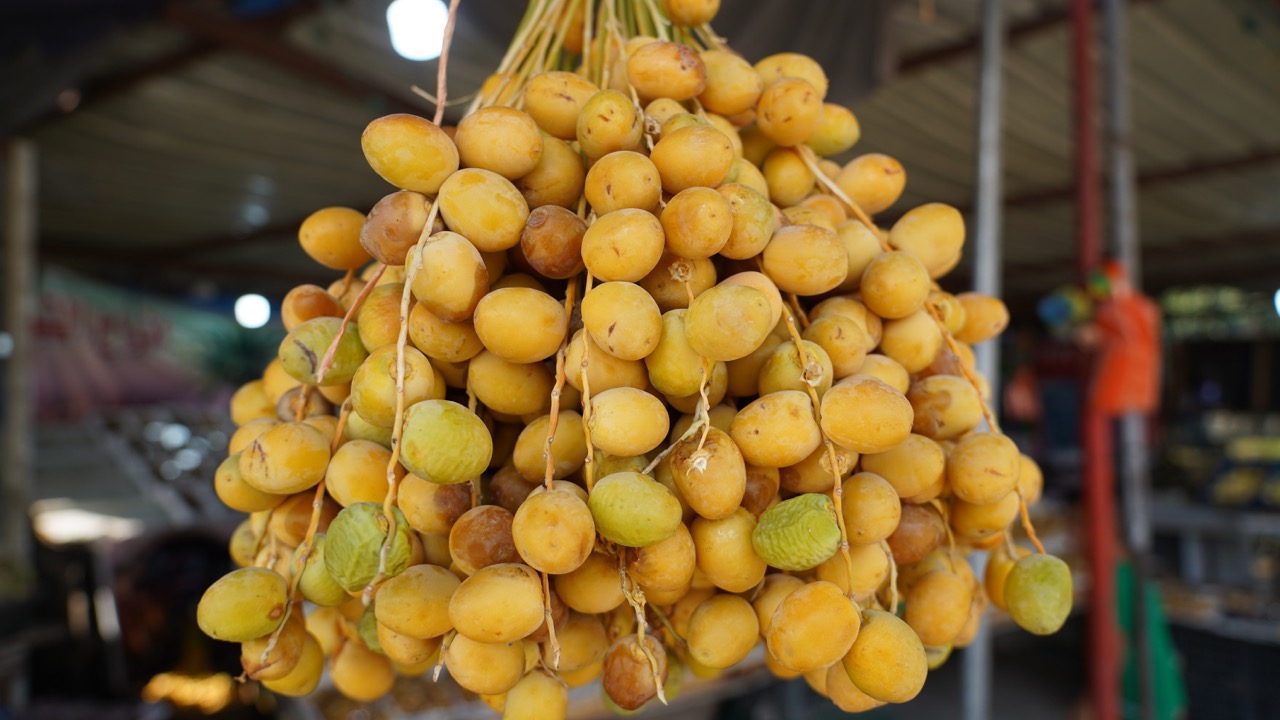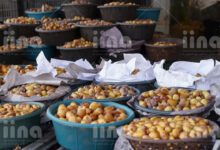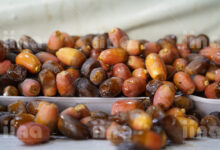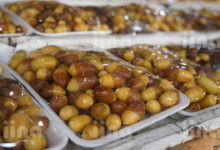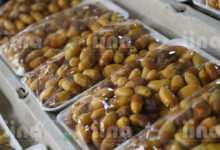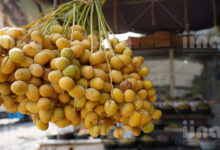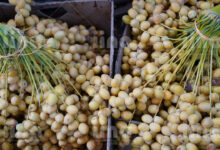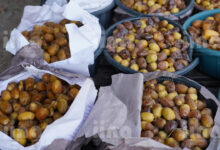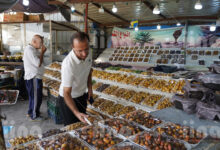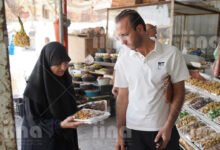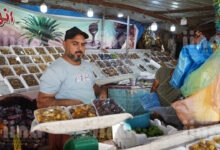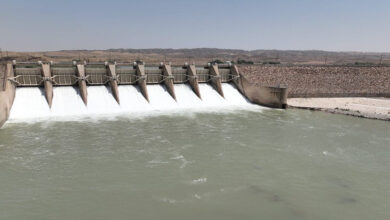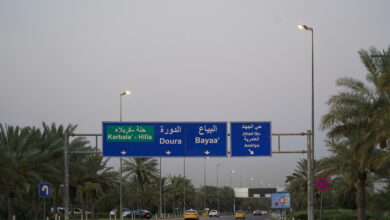Iraq’s date palms are a symbol of the nation’s agricultural heritage, boasting over 400 varieties, each with its unique flavor, texture, and appearance. Among the most celebrated are the luxurious Medjool and the flavourful Zahidi. These dates have been a staple in Iraqi culture and cuisine, often consumed during religious and cultural celebrations, and symbolising hospitality.
In the past, Iraqi dates were a significant economic asset, ranking as the country’s second-largest export after oil. They found markets across Europe, Asia, and North America, where they were prized for their quality. The trees, thriving along the banks of the Tigris and Euphrates rivers, were a testament to Iraq’s fertile lands. Water scarcity has become a growing concern due to reduced river flows and increased competition for water resources. The spread of pests, particularly the red palm weevil, has further threatened the date palms, leading to a decrease in production.
The government and private sector are collaborating to enhance the quality and marketing of Iraqi dates. New packaging techniques are being explored to increase shelf life, and international marketing campaigns are being launched to re-establish Iraqi dates in global markets.
The cultural significance of the date palm in Iraq cannot be overstated. It is not just a fruit but a part of the national identity. The decline of the date palm industry has been a loss not only economically but also culturally. The ongoing efforts to rejuvenate this sector are not merely about restoring an export product but reviving a symbol of Iraq’s rich agricultural tradition.
- Published: 18th August, 2023
- Date Taken: 17th August, 2023
- City: Baghdad
- Country: Iraq
- Category: Food

